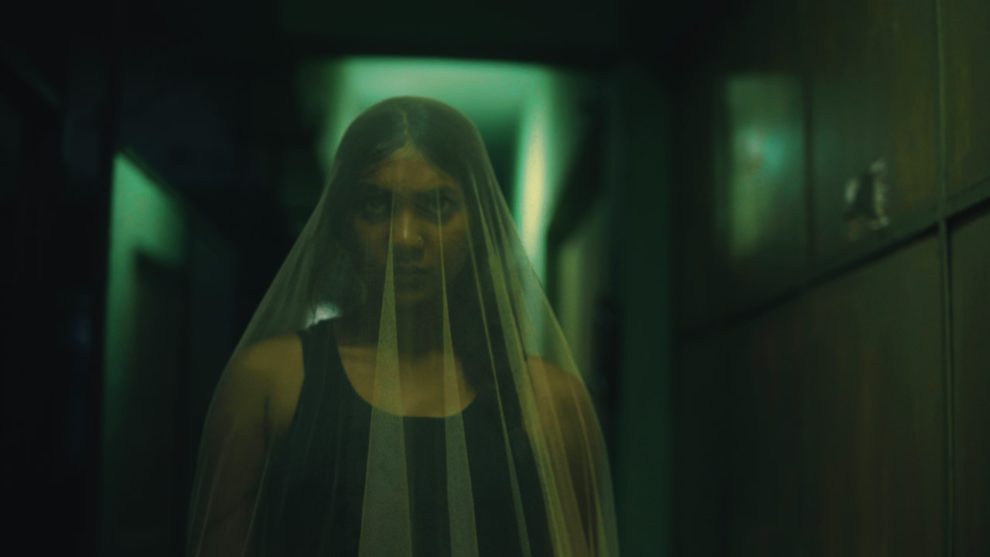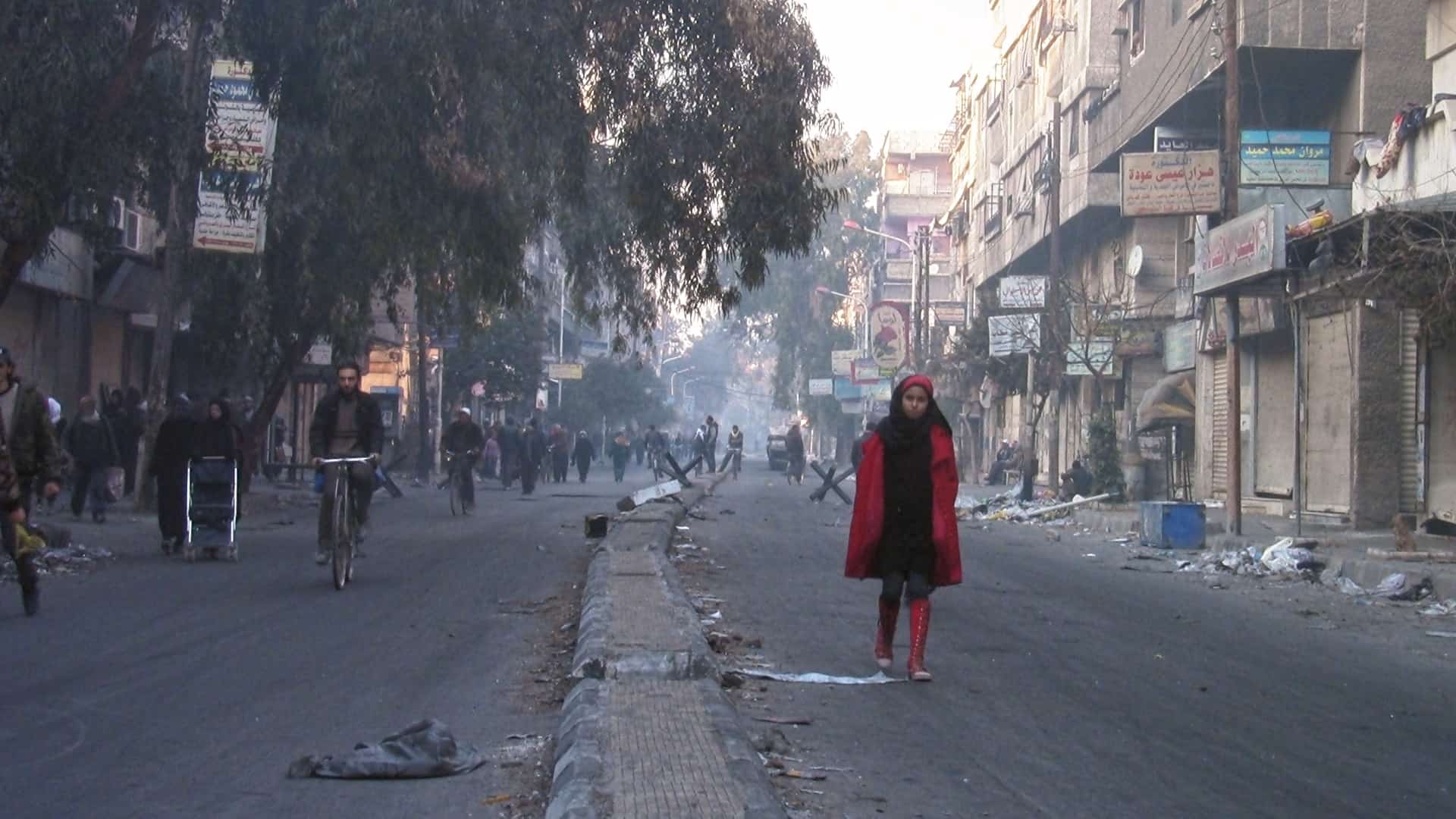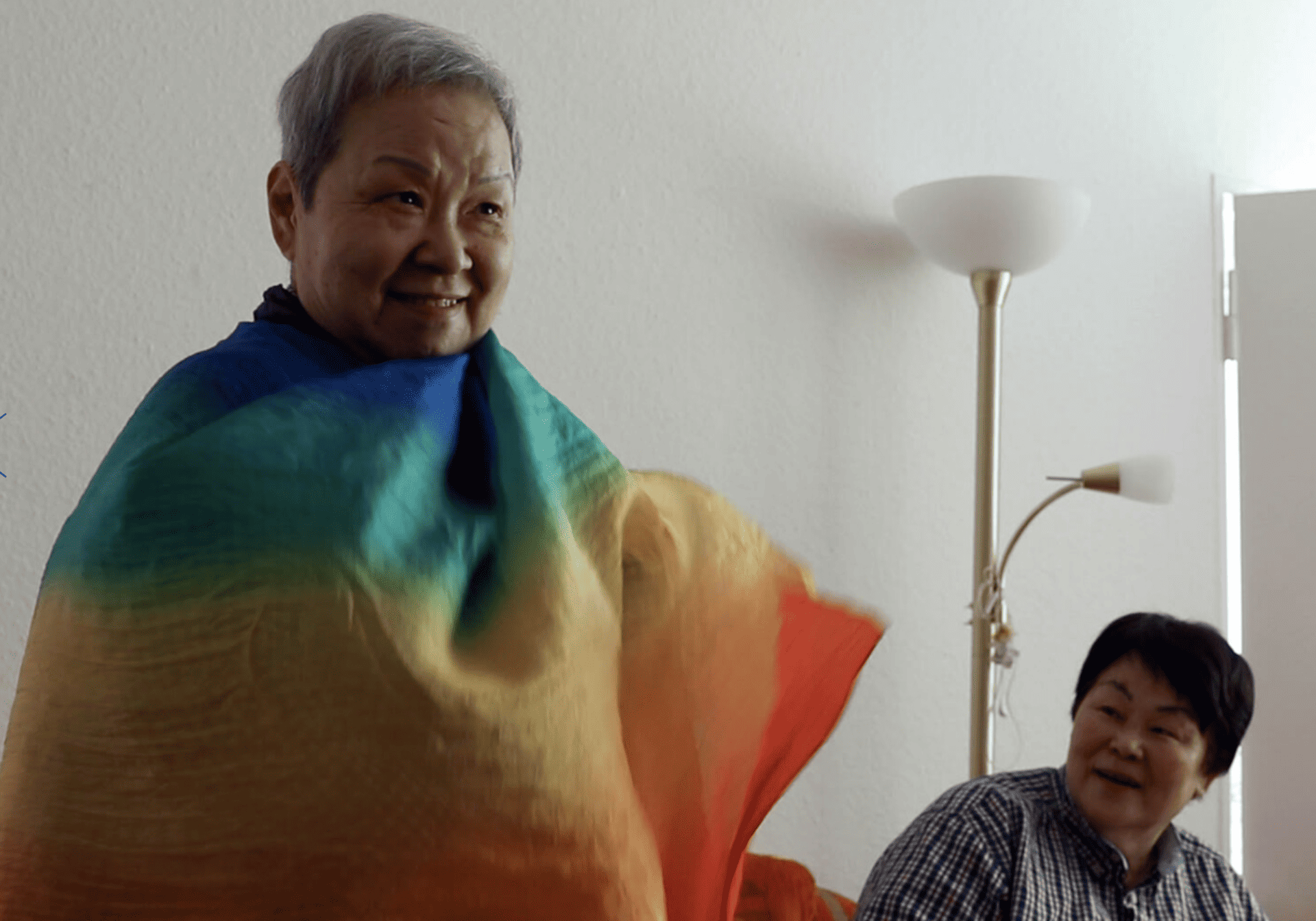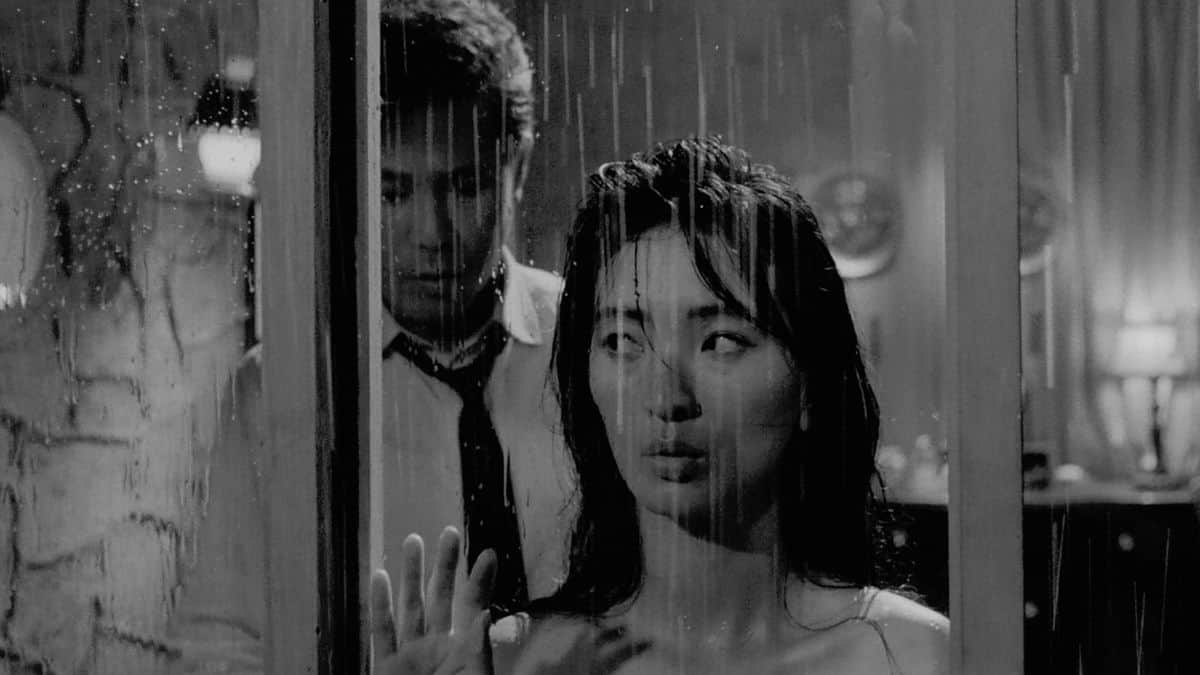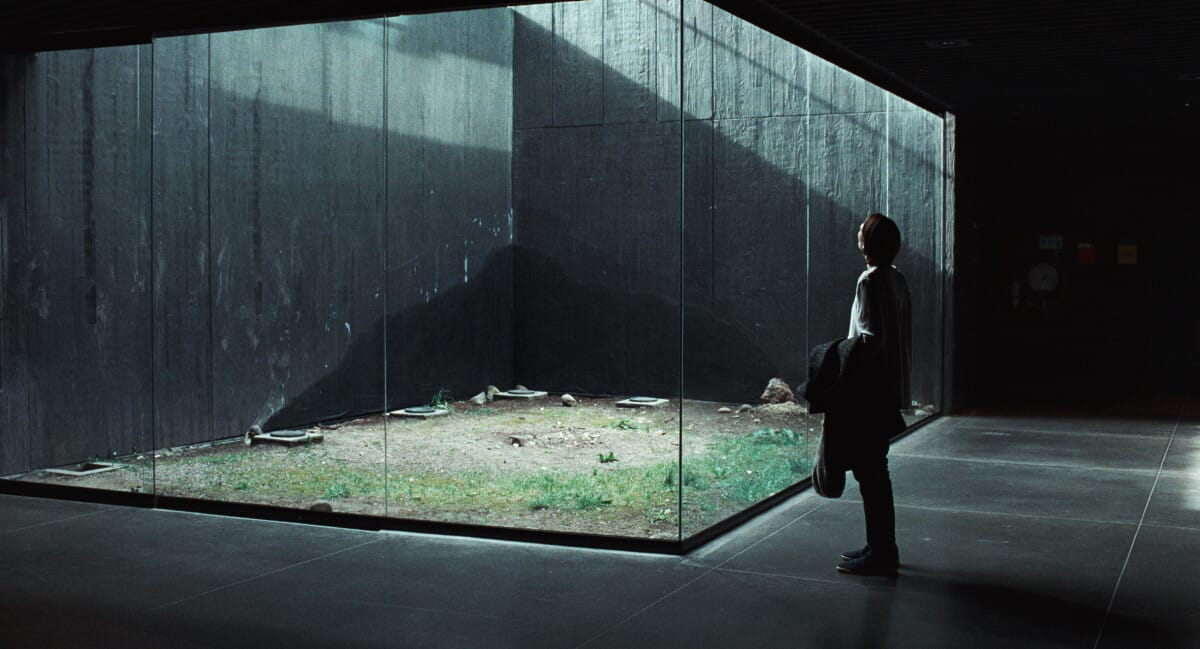Having its world premier in SXSW 2022, where it won Grand Jury Award for Best Midnight Short, Bangladeshi short “Moshari” (which means mosquito net) went on to win multiple Oscar qualifying awards at Atlanta Film Festival, Short Shorts & Asia, and a Jury's Choice at BIFAN. Its festival path all over the world is continuing non-stop and we just caught it in Fantasia.
“Moshari” is screening on Fantasia International Film Festival

The film shows its colors from the beginning, with a dead cow being feasted upon by mosquitoes, while a young girl is chanting a prayer and her older sister urges them to live. It is soon revealed that the two live in Bangladesh, one of the few places in the world that has survived the catastrophe brought by mosquitoes, as a man on a speakerphone heard throughout the area is eloquently spreading. Bangladeshi have achieved that in the simplest of ways, by staying inside their houses at night, and under the protection of their well placed moshari. The tension between the two sisters is palpable from the beginning, as the older one, Apu, is bossy and the younger constantly defying. When night falls, though, the latter has no choice but to listen for her sister and prepare for the attack. This time, though, it seems that not just mosquitoes are lurking around at night.
The messages Nuhash Humayun presents in his 22 minute short are many and quite eloquently portrayed, despite the fact that they are mostly communicated through metaphor. There is an ecological message that seems to state that the water issues that have been tormenting Bangladesh will eventually have an impact in the rest of the planet, and particularly the First World, whose countries seems to ignore the issue. At the same time, the director seems to also state that people from countries that have gotten used to live without much, will probably be more able to survive than the luxury-obsessesed citizens of the rich countries.

The mosquitoes are also a multi-leveled metaphor. Considering that the protagonists are girls, they could be perceived as men in general, and the way the treat women in patriarchic societies. That the older sister eventually makes a comparison between the bugs and older men, stating that both like younger girl, highlights this comment rather clearly. Considering that the girls are poor, they could be perceived as the rich, who always to try to take advantage and exploit the poor. Lastly, as the younger girl eventually utters, “I can't breathe” the slogan of the Black Lives Matter movement, an accusation against the police and every kind of authority is also included here.
Apart from context, however, the movie also thrives in atmosphere, with the way the dystopian drama gives its place to a genuine horror being excellently implemented in the narrative, with the choice of the title presentation functioning as the dichotomy, working impressively in that regard. The way Humayun builds up the horror and the tension, through music, sound, and the overall images (including the “bride”), along with a rather impactful jump scare is truly astonishing. The combination showcases the excellent job done by Ejaz Mehedi in the cinematography, Humayun's own editing, and Dameer Khan and Ye Min Sng's in music and sound, respectively.
Sunerah Binte Kamal as Apu and Moyed Bhuiyan as the younger sister give very fitting performances, highlighting their chemistry in the best fashion.
“Moshari” is a very well-planned (even the way the beginning and the ending titles appear seem to have a purpose, as much as the ending song), very well-shot short, that is one of those rare cases considering its duration, that definitely deserves to be seen in a big screen.


